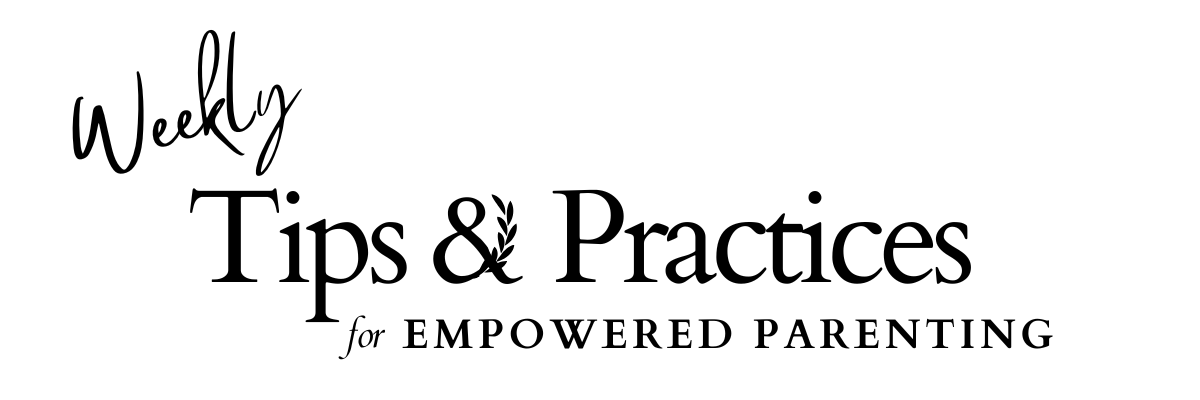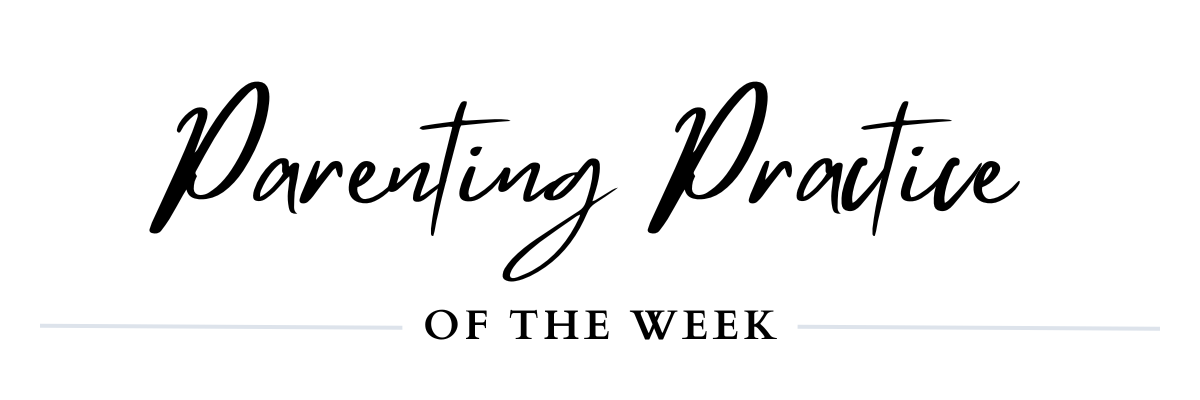Tired of Power Struggles with Your Kids?

Being a parent comes with an incredible amount of labor. Even the more ‘basic’ tasks required to keep our kids alive (cooking, laundry, cleaning, brushing teeth, etc.) are enough to make us overwhelmed and exhausted. Add the stressors that the modern-day parent has to embrace—from isolation in parenting to balancing the careers of both parents to breaking generational patterns—and it’s no wonder why parents are exhausted and overwhelmed.
Here’s the kicker: When we are exhausted and overwhelmed, it can be tempting to grab parenting tools of power and control.
You know, the ones where you get to say, “I am the boss” and “because I said so, or else.” We become that scary authority figure that our kids feel afraid of, and that leaves many of us feeling guilty.
We grab these tools of power because when we’re overwhelmed, it’s easier to yell and demand, make a threat, or offer a bribe to get your kids to comply. I totally get it.
But these tools don’t help our kids learn how to be responsible and autonomous decision-makers. Instead, our kids learn how to obey to avoid punishment or to receive a reward. They learn to fear authority and obey out of protection for their emotional (and sometimes physical) safety. Their behavior isn’t ‘real’ emerging from free will and choice; it’s ‘performed’ to get or avoid what they don’t want.
Ultimately, when we use these tools, we are modeling to our kids how to force someone to do what we want them to do through the use of coercion and power.
Phew. That’s a big concept to drop into an email newsletter. If you’re feeling any guilt or shame right now, give yourself a big hug and take a deep breath. And remember: we parents are doing the best we can with what we have at each moment.

Moving From Power Struggles to Power-With
So, what can we do instead? How do we get our kids to comply with us? We work towards leading from connection and cooperation. This does not mean having no boundaries and letting our kids run the house!
It means prioritizing connection in our parenting strategies, leading by example, and providing opportunities for our kids to learn and practice prosocial behaviors and coping skills.
Here’s a framework for you to remember:
Validate your child’s experience +
Hold a boundary +
Give options when appropriate and available.
For example:
“This feels hard for you. I understand that. We need to do X, but I can help you Y if that will help?” or “I can see this is really frustrating for you right now. We do have to put on our shoes to go because we cannot be late. I can help you put on your shoes, and I am here with you while you feel these feelings. Would you like to choose what shoes to wear?”
With the repetition and consistency of holding a boundary, modeling cooperation, and prioritizing connection, we are building secure and trusting relationships with our kids. And can I tell you a secret? Relational trust is like magic for cooperation. The more trust we build together, the easier it will become to work together.
Keep trying. Keep breathing. Keep trusting. We got this.
Share This Article:
Curious for more?














